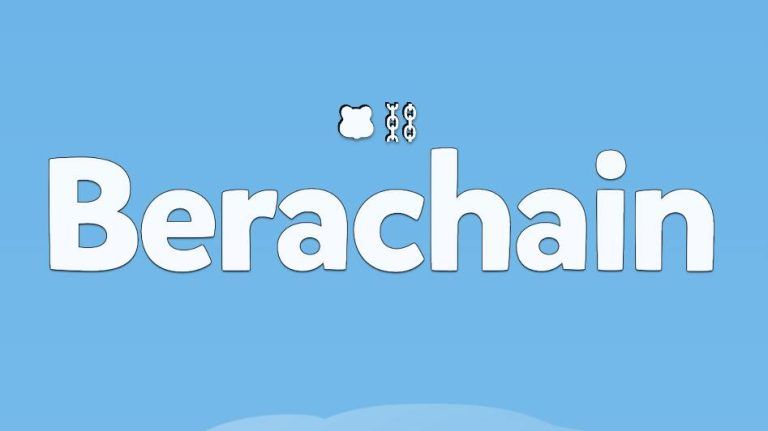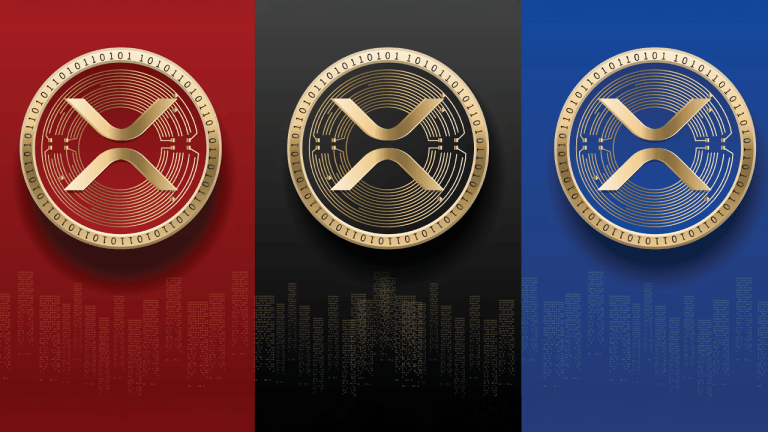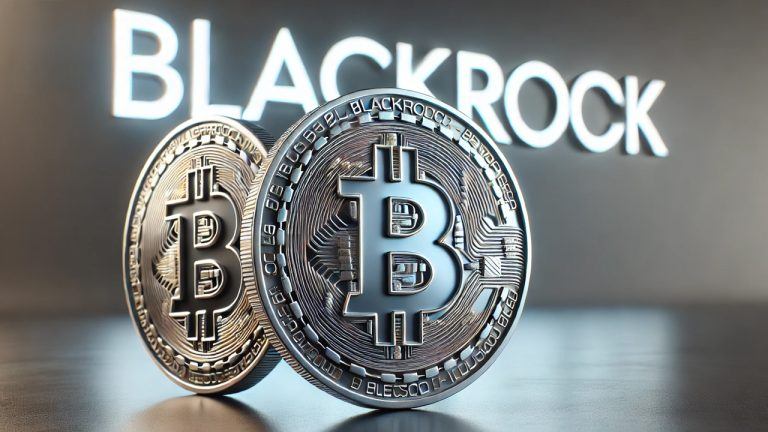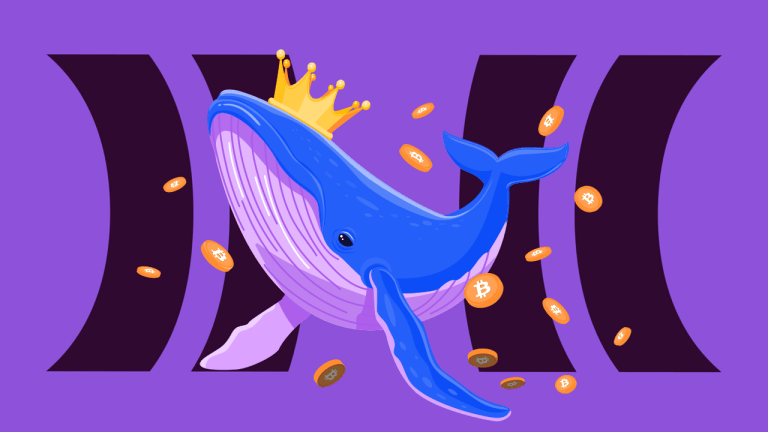
6 Questions for Simon Davis of Mighty Bear Games

Mighty Bear Games CEO Simon Davis — AKA “Papa Bear” — gave us a look inside his Web3 gaming studio, and his thoughts on the future of gaming.
Simon Davis is the co-founder and CEO of Mighty Bear Games, a multiplatform game developer in Southeast Asia creating accessible multiplayer experiences in Web3.
Davis has spent almost two decades working in the gaming industry, but he never planned to actually work in this field.
Before crypto, he was a professional guitarist who made ends meet by playing in metal bands and cover bands and by teaching guitar. But after his money dried up one summer, he scored a six-week gig as a professional game tester and he’s never looked back.
Do you think the bad rap blockchain/NFT gaming gets is a big issue?
Its funny because gaming got a pretty bad rap in the 90s. You know, everyone was talking about how games were making children violent. There was a big moral panic, just like there was in music a few years before.
But I think that when you start to get these things in peoples hands and experience them, perceptions change. I do think a lot of the reputation that we have in crypto and Web3 is deserved. There are a lot of bad actors exploiting the lack of regulation, but the things that excite me: Ive seen some games, for example, that allow players to earn small amounts of Bitcoin, And this sort of things retention numbers are very strong, like the initial metrics are very promising. And I think thats a really nice use case.
Reddit is also a great example, right? They put NFTs in the hands of huge numbers of people. A lot of people didnt even realize they were interacting with NFTs. So then they had their first taste, and yeah there are some stats that have come up, and not a huge amount of them have transacted on-chain.
But I actually dont think thats such a bad thing. If people are not dumping the assets on day one, I dont see that as a negative. So, I think onboarding through stealth is pretty good.
What kind of adoption metrics are you looking for with your games?
So, people talk about installs and sign-ups its just a vanity metric. For me, Im interested in how many people are coming in every day, how regularly theyre coming back, and what the growth curve of that looks like initially.
And then once we do the mobile launch [of Mighty Action Heroes], which will be around August/September, how well are we doing on attracting non-crypto-native people into the game as well? That will be very interesting, and to see how they play together. Its a different angle, but its one that Im pretty bullish on.
What are some ideas or tech upgrades that could help blockchain gaming?
ERC-6551 tokens.
Essentially, they give a smart contract account or a smart contract wallet to a 721 [token]. So, you know, a traditional NFT would be a JPG with some metadata attached. But essentially, the JPG or the asset, whatever that is, is then bound to a smart contract.
And this is pretty cool because it means that assets can communicate directly with each other. So NFT to NFT, without using MetaMask. And it could also be compatible with other smart contract wallets.
I think the really cool thing is that, essentially, your asset becomes a wallet and can have its own logic as well. So you could have a base character in a game as the 6551 token, and then all the clothes or the items or everything that that character has, the kind of sub-assets, can change within, each with its own logic.
As a game developer, you start thinking of how your characters could evolve and how you can attach new assets without updating the core.
Then as a dev, I think its really good for reputation management as well. Like, if you did a soulbound version, you could have achievements, proof-of-work, proof-of-play, social identity. I think its pretty cool. […] Its more secure because its not just an asset within a wallet like it is on smart contracts with its own private key.

Go to Source
Author: Brian Quarmby







